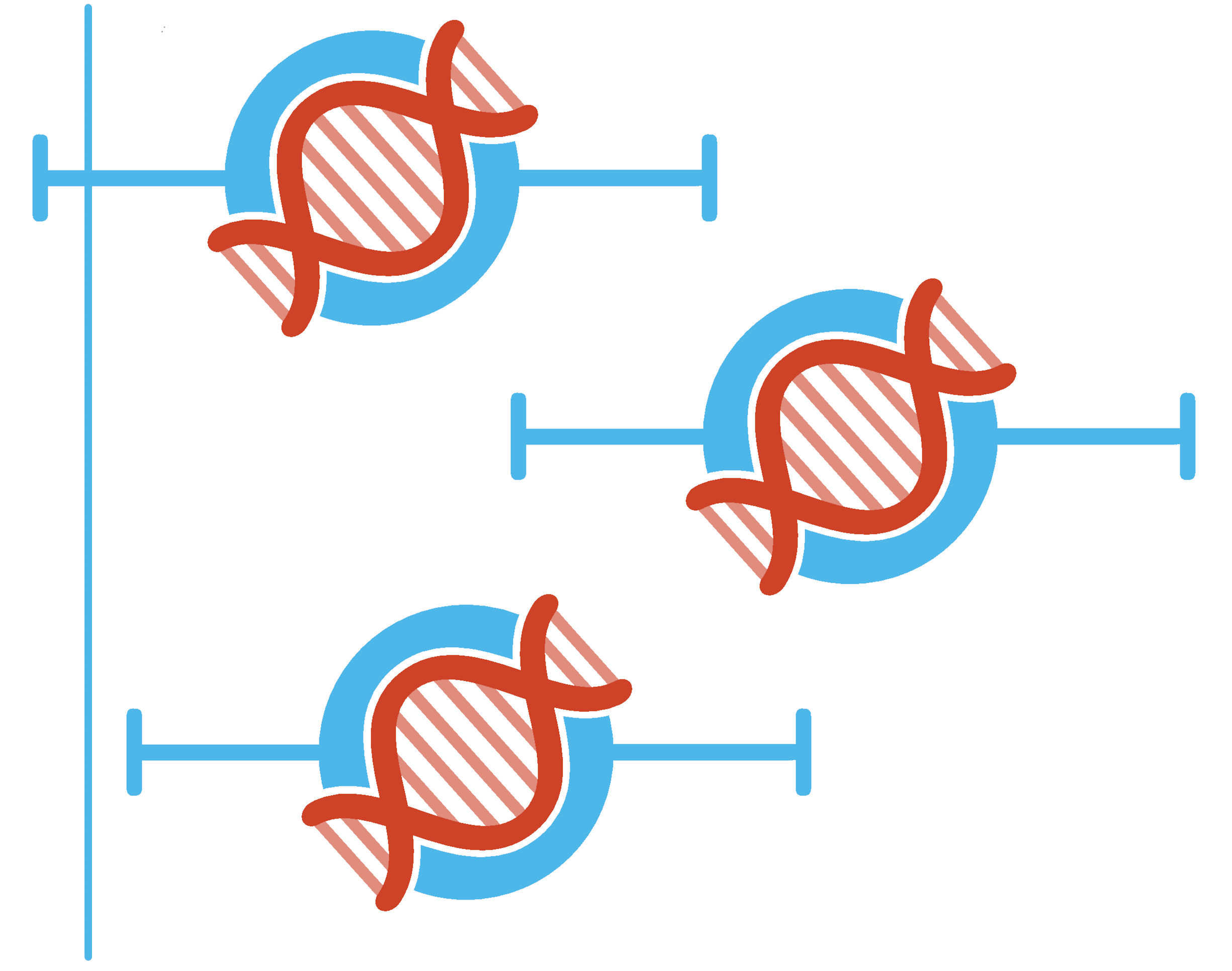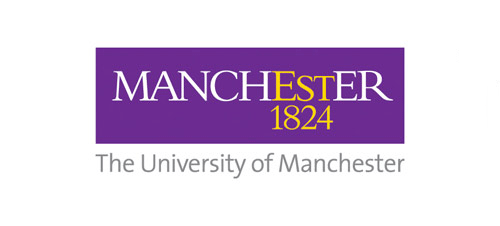Interdisciplinary Systematic Review: mechanistic evidence and epistemic justice
 What is the best way to evaluate whether an intervention works? Orthodox ‘evidence-based’ evaluation methods review certain kinds of studies (especially randomised trials) but exclude other relevant evidence (such as mechanistic studies and views of stakeholders).
What is the best way to evaluate whether an intervention works? Orthodox ‘evidence-based’ evaluation methods review certain kinds of studies (especially randomised trials) but exclude other relevant evidence (such as mechanistic studies and views of stakeholders).
This project will apply an emerging philosophical theory of causal enquiry, Evidential Pluralism, to provide systematic foundations for a broader approach to evidence review—one that includes a diverse range of evidence from across disciplines. This approach promises better informed and more inclusive evaluations. A new review of the effectiveness of face-mask mandates will help to test the approach.
This project is supported by the new UKRI interdisciplinary scheme and runs for 2 years from 29th January 2025.

People
Trish Greenhalgh (co-leader), Department of Primary Care Health Sciences, University of Oxford.
Rebecca Helm (co-leader), Law School, University of Exeter.
Luana Poliseli Ramos (Research Associate), Philosophy Department, University of Manchester.
Sahanika Ratnayake (Research Associate), Philosophy Department, University of Manchester.
Jon Williamson (PI), Philosophy Department, University of Manchester.

Publications
Sahanika Ratnayake (2025). Interdisciplinary Systematic Review: A Novel Approach to Evidence Synthesis, The Reasoner 19(2). doi: 10.54103/1757-0522/28330

Project events
13 November 2025. Qualitative evidence in systematic review. 1-5.30pm.
We also organise a series of Manchester online seminars on Evidential Pluralism.

Talks
21 November 2025. Jon Williamson. Causal inference is not statistical inference: how Evidential Pluralism mitigates the replication crisis. Bergen Philosophy of Science Workshop. Also, Mainz Epistemology of Science workshop (8 September), University of Liverpool Stapledon Colloquium (15 October), and University of Leeds Centre for Theoretical Philosophy (5 November).
27-30 August 2025. Rose Trappes and Luana Poliseli. Citizen science, aesthetics of nature, and conservation. EPSA25 – European Philosophy of Science Association, Groningen.
20-25 July 2025. Luana Poliseli. Arts and Aesthetics in knowledge co-production for environmental conservation and eco-resistance movements. ISHPSSB – International Society for History, Philosophy and Social Studies of Biology, Porto.
21 July. 3-4.30pm Rosa Runhardt (Radboud) & Jon Williamson (Manchester). Evidential Pluralism and educational ethnography. Manchester Online Seminars on Evidential Pluralism (MOSEP).
15-17 July 2025. Sahanika Ratnayake. The need for evidential plurality in the evaluation of psychotherapy. British Society for the Philosophy of Science, Glasgow.
3 July 2025. Luana Poliseli. The left Vienna Circle, democratization of knowledge, and the epistemic functions of aesthetics. Institute Vienna Circle, Vienna.
12-13 June 2025. Luana Poliseli & Jon Williamson Science-informed policy evaluation via Evidential Pluralism. Philosophy of science advice workshop, Helsinki.
11-12 June 2025. Sahanika Ratnayake. Who Knows What in Mental Healthcare?. Epistemic Hypocrisy and the Evaluation of Talking Therapy via Evidence Based Medicine, Radboud University.
21 May 2025. Sahanika Ratnayake. ‘What the Big Three Actually Said: Rosenzweig, Frank and Rogers on the Dodo Bird problem. Institute of Applied Psychology, Krakow.
8-9 May 2005. Corrado Matta, Rosa Runhardt and Jon Williamson. The role of meta–ethnographies in evidence–based educational policy. Workshop on Evidential pluralism in education research, Vaxjo.
5 April 2025. Jon Williamson. Can Evidential Pluralism mitigate bias and motivated reasoning?, Evidence-Based Medicine Reconsidered, University of Pittsburgh.
26 February 2025. Jon Williamson. Towards science-friendly epistemology, 15.10-16.50, Roscoe 3.2, University of Manchester.
4 February 2025. Jon Williamson. The role of idealisation in the epistemology of causality. Department of Logic and the Methodology of Sciences, Comenius University, Bratislava.









